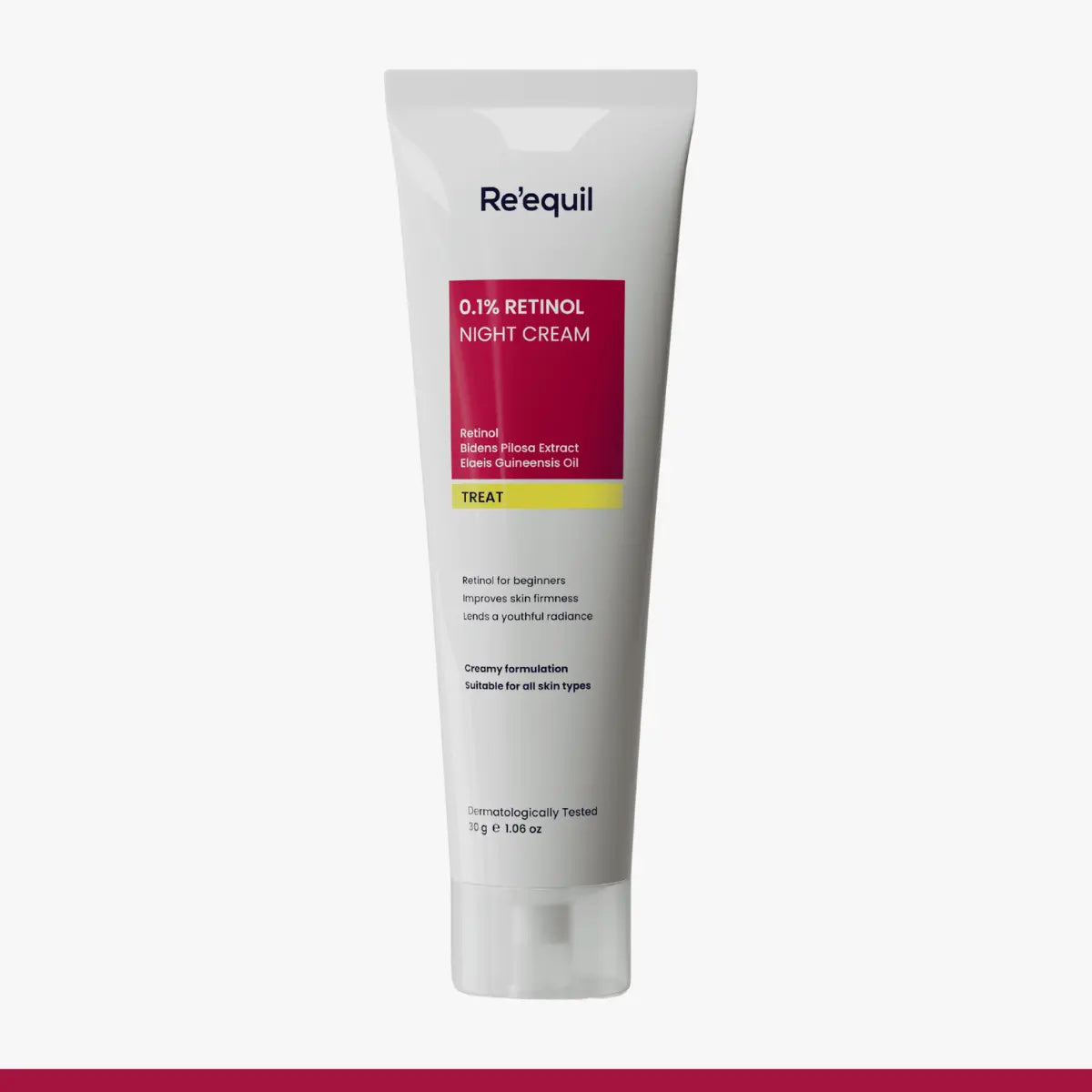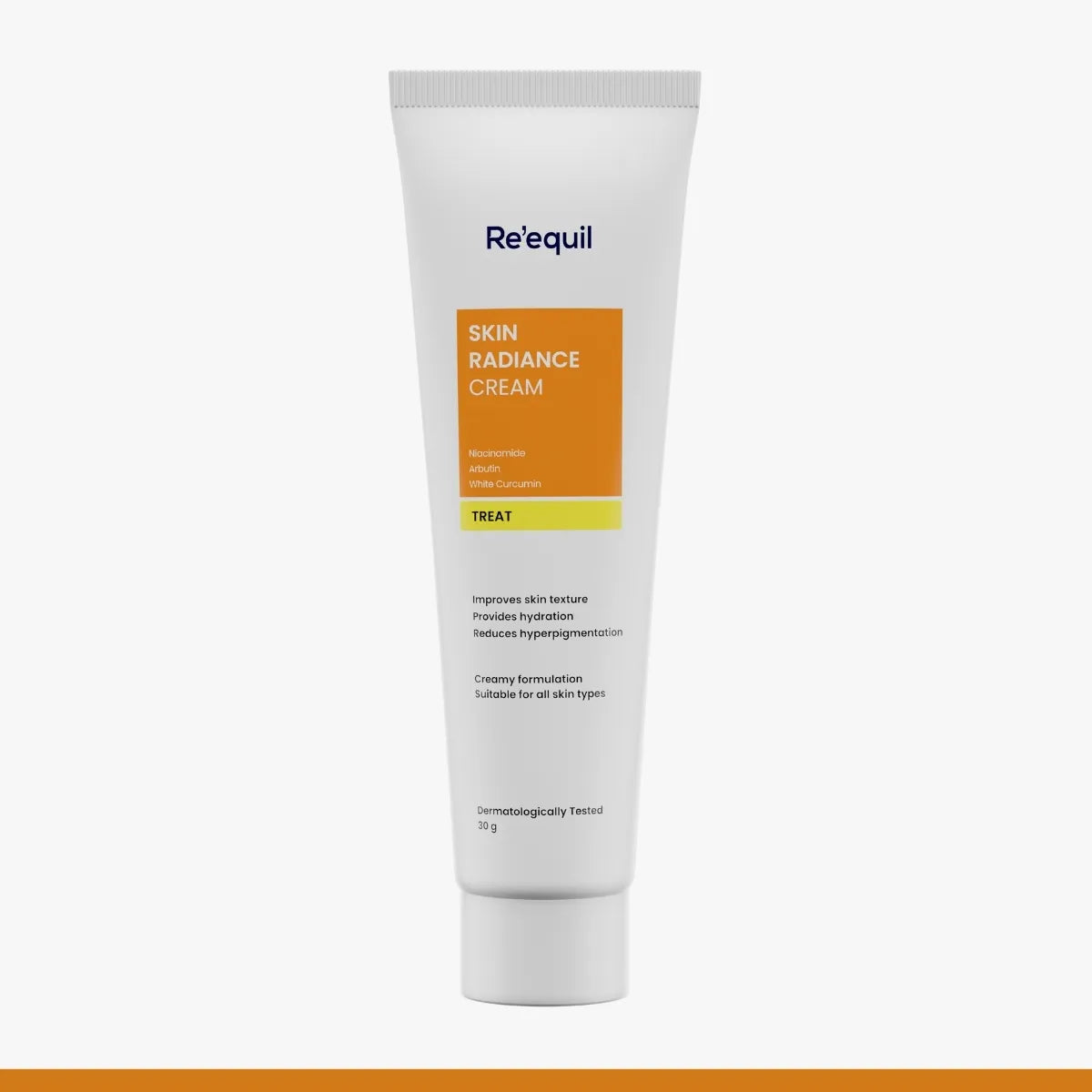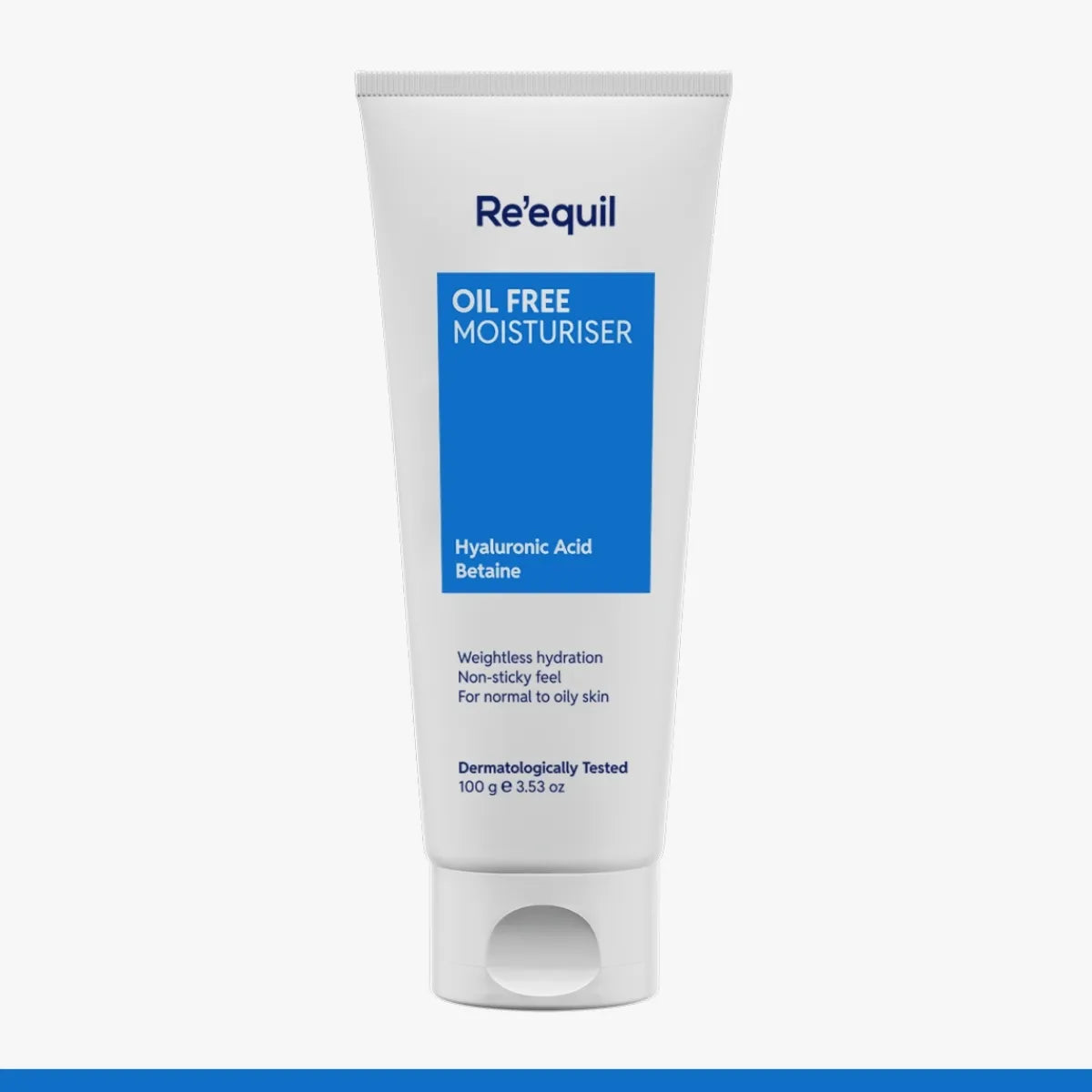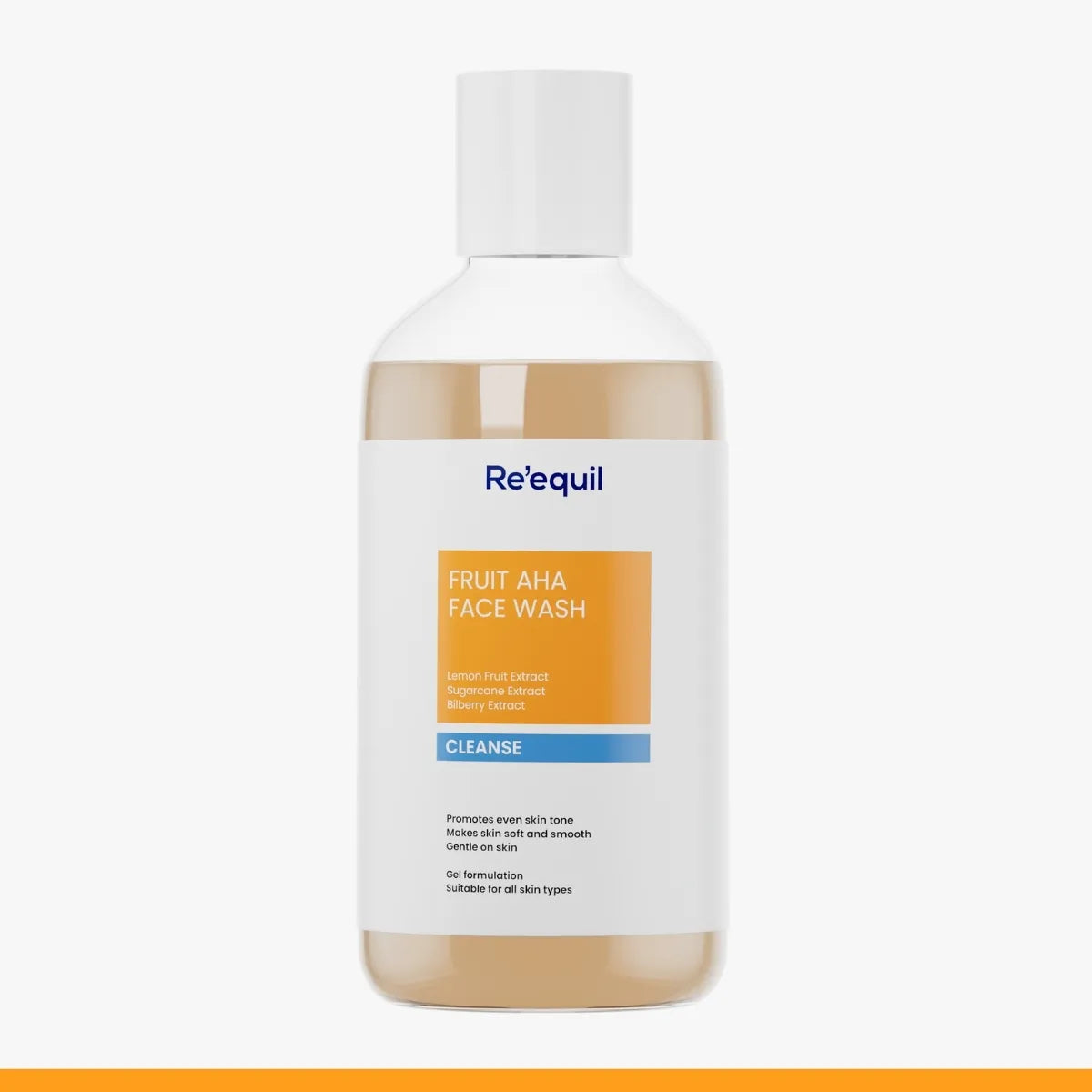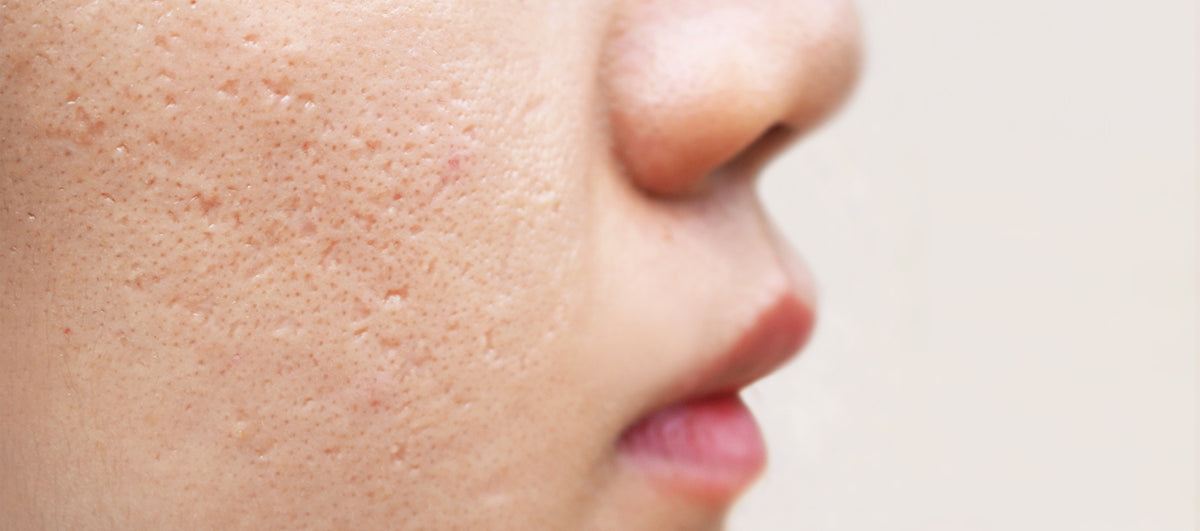Done with investing efforts and money in skincare products to get rid of stubborn acne scars? Relax! Your acne scars can be treated. Know the cause to get directed to the right treatment for better results.
Untreated acne that persists for a longer period of time can lead to acne scarring.Nodules or pus-filled bumps (aka cystic acne) under the skin when left untreated lead to severe infection. When the lesions remain for a longer period of time, capillaries under them rupture. So, when the body heals the acne wound it produces collagen. If it is produced in an inappropriate quantity, the affected skin can have a rough and uneven texture which appears in the form of scars or pits.
Below are three very effective and easy ways to prevent acne scarring. Know what skincare mistakes to avoid for clear and spot-free skin and how to get rid of acne scars totally.

3 Easy and effective ways to get rid of acne scars
1. Home remedies
-
Turmeric
Turmeric has been acknowledged as an effective natural remedy to treat a variety of dermatological conditions.
Research says that turmeric possesses wonderful skin healing properties due to the presence of a bioactive compound called Curcumin. To add to this, the antioxidant and anti-inflammatory properties of turmeric not only help to get rid of acne scars naturally but also fade away the post-inflammatory hyperpigmentation (PIH).
-
Aloe Vera gel
Aloe Vera gel is another amazing home remedy to fade away those unwanted pimple scars and pigmentation from your face. According to a research article published in 2019, it holds anti-bacterial properties and works effectively as a non-toxic treatment that boosts collagen and elastin fiber production, which further helps in repairing scarred areas. Aloe Vera helps reduce inflammation, which is responsible for acne scarring.
-
Honey oatmeal
Another remedy is this amazing honey oatmeal scrub home remedy for removing acne scars. Finely grounded oatmeal is considered the best exfoliator for acne-prone skin. It absorbs extra oil from your skin and also unclogs blocked pores. Oatmeal has barrier repairing properties. Several studies have concluded that oatmeal masks have a positive effect in reducing acne scars, blemishes, and dark patches on the skin.
Additionally, honey acts as a wonderful humectant for the skin which encourages the skin to absorb these nutrients more easily.
No matter how effective a home remedy might be but the skin is sensitive to raw ingredients and certain home remedies might cause irritation. So a patch test is always advisory. In addition, home remedies are exceptionally time taking.
2. Topical ingredients for acne scars products
The use of topical formulations comprising potent bioactive ingredients is found highly effective in improving skin texture damaged by acne infection. It is considered one of the safest measures to help get rid of acne scars. Such topical treatments can be available in the form of gels and serums to target the concern effectively.
Key ingredients to look for in anti-acne scars formulations
-
Allium Cepa Bulb Extract
It is a perennial plant also known as Onion extract. It is one of the oldest cultivated species. Research studies elucidated its efficacy in reducing the appearance of acne scars. It is known as one of the best remedies for pimple scars. Onion extract (Allium cepa) is a great source of bioflavonoids, like cephalin and kaempferol that help to diminish the inflammation of the scar area.
-
Olea Europaea Leaf Extract
Your scar depends on how well the wound heals. Olea Europaea Leaf Extract has remarkable potential to heal scars. It contains a high concentration of bioactive antioxidant and antibacterial compounds like Oleuropein, phenols, flavonoids, and vitamin C which promotes skin healing and skin regeneration. In addition, its high antibacterial properties work against acne-causing bacteria.
-
Bulbine Frutescens Leaf Juice
A research study published in The Journal of Ethnopharmacology has demonstrated that Bulbine frutescens extract promotes cutaneous wound healing. It is another important ingredient that accelerates the cell recovery process. It helps treat post-inflammatory hyperpigmentation. It helps in increasing tensile strength and increasing collagen deposition and maturation. When formulated with Allium Cepa Bulb Extract, it helps heal scars and dark spots by stimulating skin regeneration and revitalization process.
-
Niacinamide
Inflammation caused due to acne delays the acne healing process and later turns into severe acne scars. Niacinamide is a wonder ingredient with anti-inflammatory properties to soothe inflammation caused due to acne and prevent acne scarring. Studies reveal its safety and efficacy in alleviating symptoms of mild to moderate acne and acne scars. If combined with Copper Tripeptide 1, it has the ability to repair your skin tissue by stimulating collagen production and fades acne scars.
3. Medical treatments
-
Dermabrasion
Dermabrasion is a skin-resurfacing procedure. By the use of a rapidly rotating device, it removes the outer layer of skin. The skin that grows back is usually smoother. However, it might lead to bruising.
-
Chemical peel
Chemical peels improve the appearance of acne scars by using a chemical solution to remove the outer layer of old skin. The new skin it reveals is less scarred. But it might not be the best treatment for treating acne scars since it might lead to swelling or redness post-treatment.
-
Skin needling
In skin needling, small sterilized needles are used to prick the skin. This treatment helps to generate new collagen and skin tissue to even out skin tone and reduce the appearance of scars. However, it might trigger skin irritation.
P.S.
Acne infection that persists for a longer duration, increases the risk of acne scarring. However, if you have red marks or inflamed acne then taking precautionary measures is highly advisable. Because acne marks later develop into severe acne scars causing more harm to the skin. Dermatologists say that your skincare routine impacts your skin health largely. In other words, if you have acne-prone or oily skin then you should pay extra attention to your daily skincare habits. Do not leave acne scars untreated. Without further delay, try these given solutions to flaunt your flawless skin once again.
